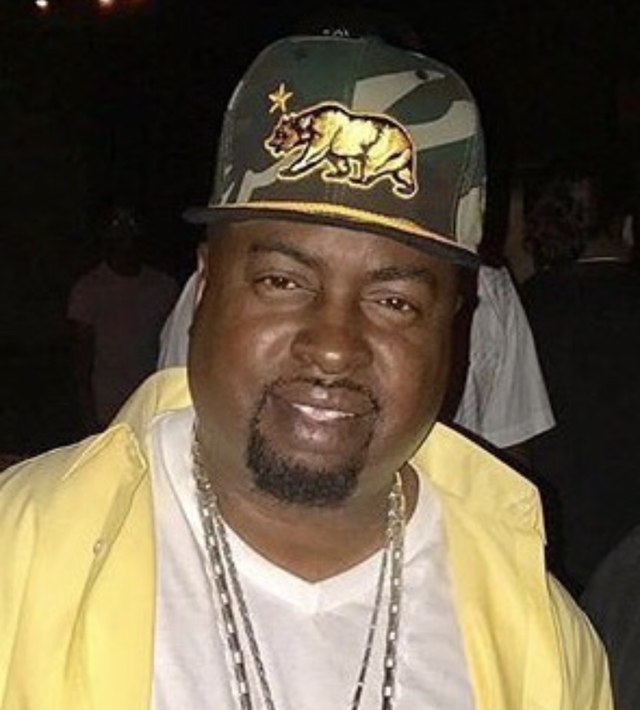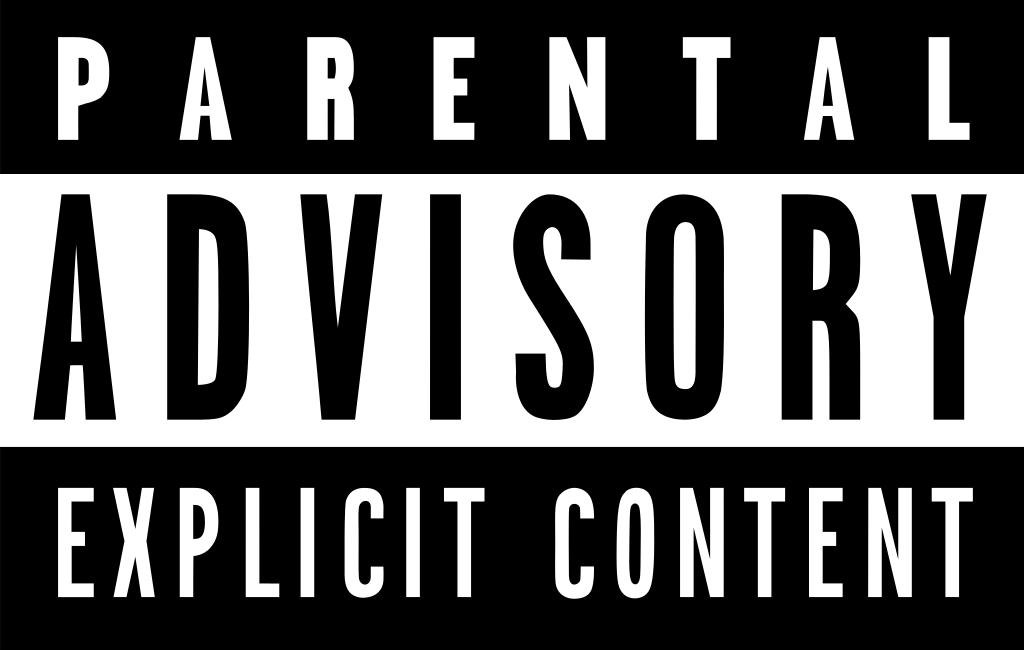
Hip-Hop: 1990s 1
Beyond the East and West Coasts, rap scenes developed in several regions. For example, in Houston, Texas, southern rap in the shape of the Geto Boys documented the realities of life in the city of Houston's notorious Fifth Ward. While gangsta-funk thrived in California and parts of Texas, a techno-driven sound facilitated by the coveted drum machine Roland TR-808 with its sustained "kick drum" sound became a fixture in the music of Miami's 2 Live Crew and other Miami acts to follow. The Miami bass sound, sometimes dubbed "booty music" from its affiliation with the "dirty rap" or risqué rap of 2 Live Crew, was further complemented by an artist from Orlando, Florida, DJ Magic Mike. He established a reputation as a major producer of the Miami bass sound and helped propel its sound farther into the mainstream of rap with acts such as 95 South and the 69 Boyz, with their double-platinum single " Tootsee Roll" (1994).
The Miami trio 2 Live Crew, masterminded by manager Luther (Luke) Campbell, became the center of a significant censorship debate when their 1989 album, Nasty as They Wanna Be (1989), was heavily criticized by watchdog groups such as the Parents' Music Resource Center (PMRC) for its sexually explicit content.

X-Rated Rock Music 1987 TV news report with Tipper Gore of PMRC
The album was judged obscene by a local district judge, and although the band members were acquitted, the case was not finally resolved until it reached the Supreme Court in 1992. Although the Crew and other rap artists who had also been the subject of censorship controversies, such as artists on the Death Row label, Dr. Dre, Snoop Doggy Dogg (also known as Snoop Dogg), and label owner, Suge Knight, were protected by the First Amendment, rap music artists began recording two versions of their LPs-a radio or clean version and an explicit version as indicated by "explicit content" warning labels. This resulted from the PMRC's campaign, which followed their attacks in the mid-1980s on a variety of music they considered inappropriate for teenage or younger listeners.
In addition to censorship and related controversies, copyright infringement cases arose from hip-hop DJs' practice of reproducing pre-recorded music via digital sampling without seeking copyright permission. Sampling also prompted an amendment to US copyright statutes to include reproducing any music via digital means.







